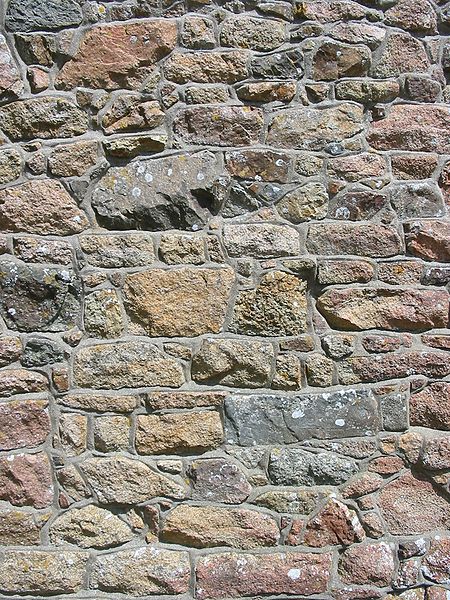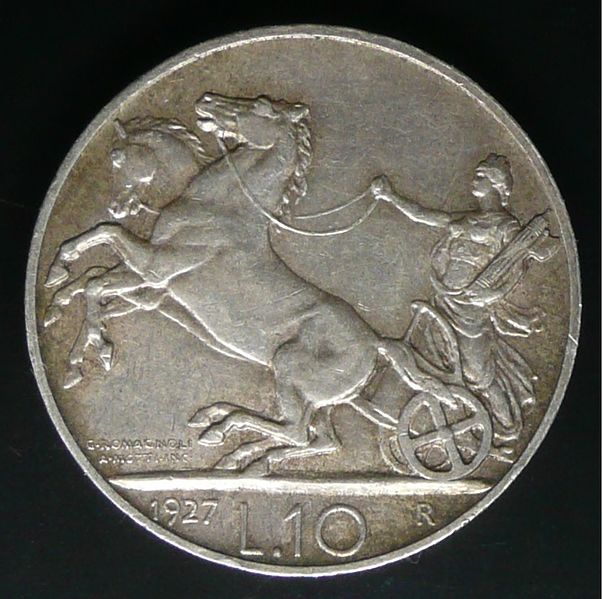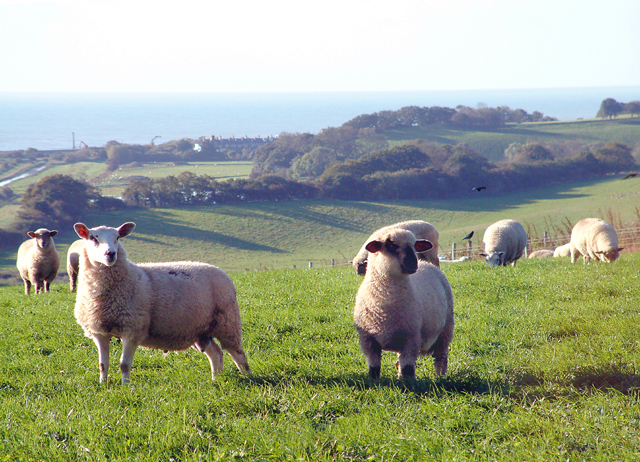They've all been borrowed from Taino, which is the first language Columbus came across in the New World (for the New World was only new, of course, to Columbus and his crew).
The people whose language enriched Spanish, and, later, our own English, were repaid with diseases which pretty much wiped them out in two generations; but at least we have these precious words with which to honour and remember them.
Even if another of them is, rather embarrassingly, cannibal.
Word To Use Today: one from Taino. Caribbean comes from the Spanish caribe, from a (probably) Taino word meaning human being. Cannibal comes from the Caribe tribe, who had a reputation for eating human flesh (and at least one dialect that had a habit of changing round i, n and r sounds). Canoe is Taino for, yes, canoe; cay is complicated, but might come from the Taino caya (though on its journey to English it looks as if it got a bit mixed up with the French quai); hammock comes from hamaka, the Taino for fish net; hurricane is from huricán, god of the storm; potato is from batata, and originally meant sweet potato, savannah comes from zavana (they don't just have grass in Africa, you know); and tobacco comes from a Taino word for pipe - or, possibly, cigar.



































